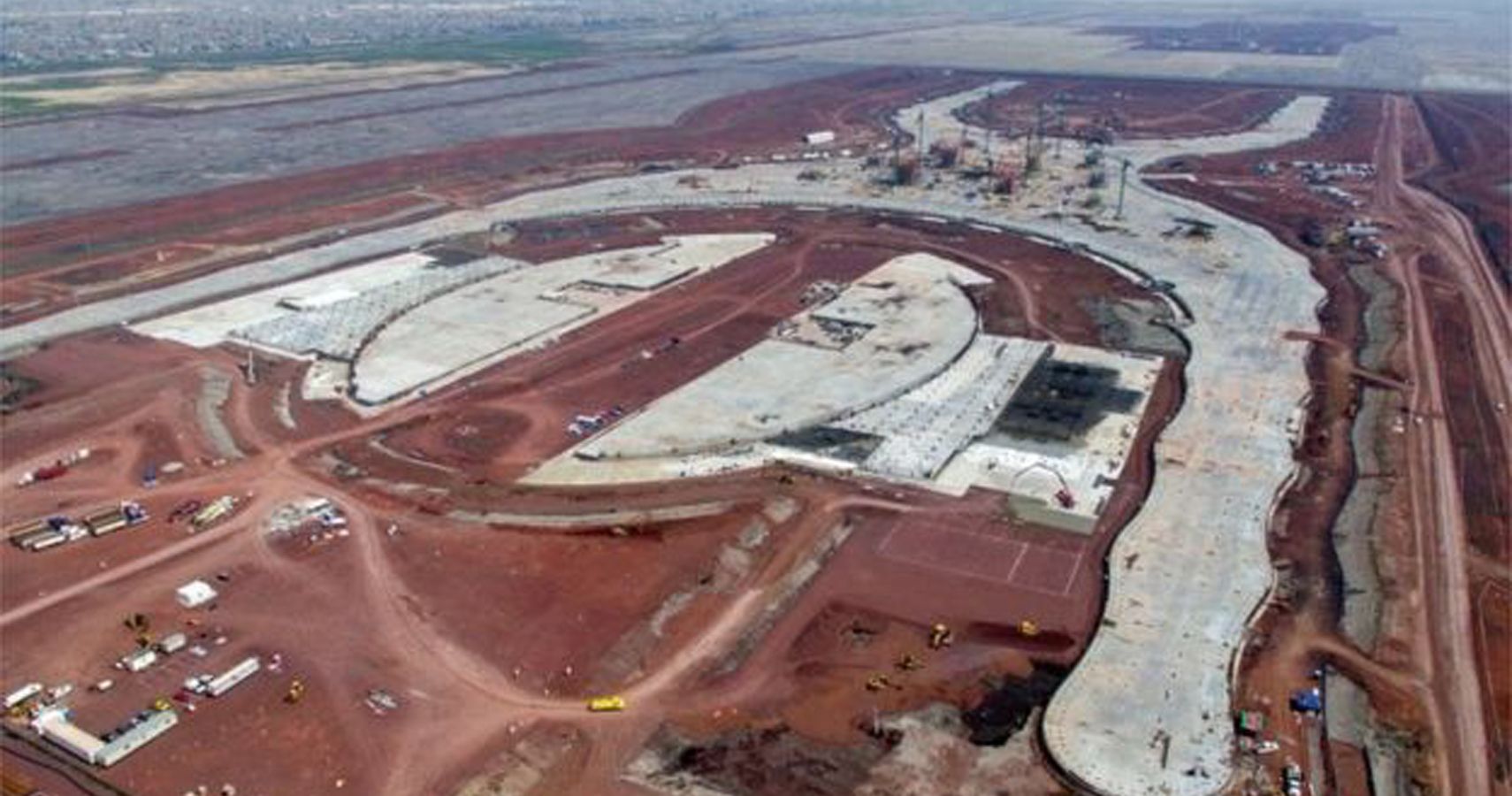When Andrés Manuel López Obrador said he'd turn around Mexico financially once he grabbed the highest office in the country, he wasn't kidding. On Monday, the president-elect announced the cancelation of a $13-billion airport that was already one-third built in the wake of an informal referendum.
The complex, which was supposed to have symbolized the legacy of Mexico's previous president, Peña Nieto, was cited by proponents as an airport that would be more spacious and modernized than the current facility near Mexico City.
The giant new airport, designed by the architect Norman Foster — whose British firm was responsible for coming up with the Steve Jobs Theatre in California, and the Apple Dubai Mall in the United Arab Emirates — was hailed as a signature hub for the Americas and a vital link to Europe and Asia.
However, López Obrador has been highly critical of the huge costs and the apparent lack of transparency in the awarding of contracts. Further, environmentalists questioned the runoff infrastructure and its effect on the surrounding ecosystem, given the airport's location in the dry basin of what used to be Lake Texcoco, an area highly prone to flooding during the rainy season.
PREVIOUSLY: 25 MISTAKES PEOPLE ACTUALLY MADE AT AIRPORTS (CAUGHT ON CAMERA)
López Obrador stated that it would be more cost-effective to construct two new runways at a nearby airbase to take the pressure of heavy traffic off the current airport. Meanwhile, work continues on the canceled hub until López Obrador's new government officially takes over on Dec. 1st.
Critics of the incoming president's decision, many of them prominent business leaders, claim that Mexico's economy could become unstable if the act is perceived as symbolic of the country's reluctance to make deals with outside investors. An estimated 450,000 jobs would also be lost with the axing of the airport, which the International Air Transport Association claims will deprive Mexico of $20-billion in annual revenue.
Furthermore, other airport proponents questioned López Obrador democratic ethics, as less than two percent of Mexico's population voted in the informal vote. Polling stations were also staffed by members of the incoming president's own National Regeneration Movement party, raising questions over the fairness of the electoral process.
READ NEXT: WORLD'S BIGGEST AIRPORT IS READY TO OPEN IN ISTANBUL

